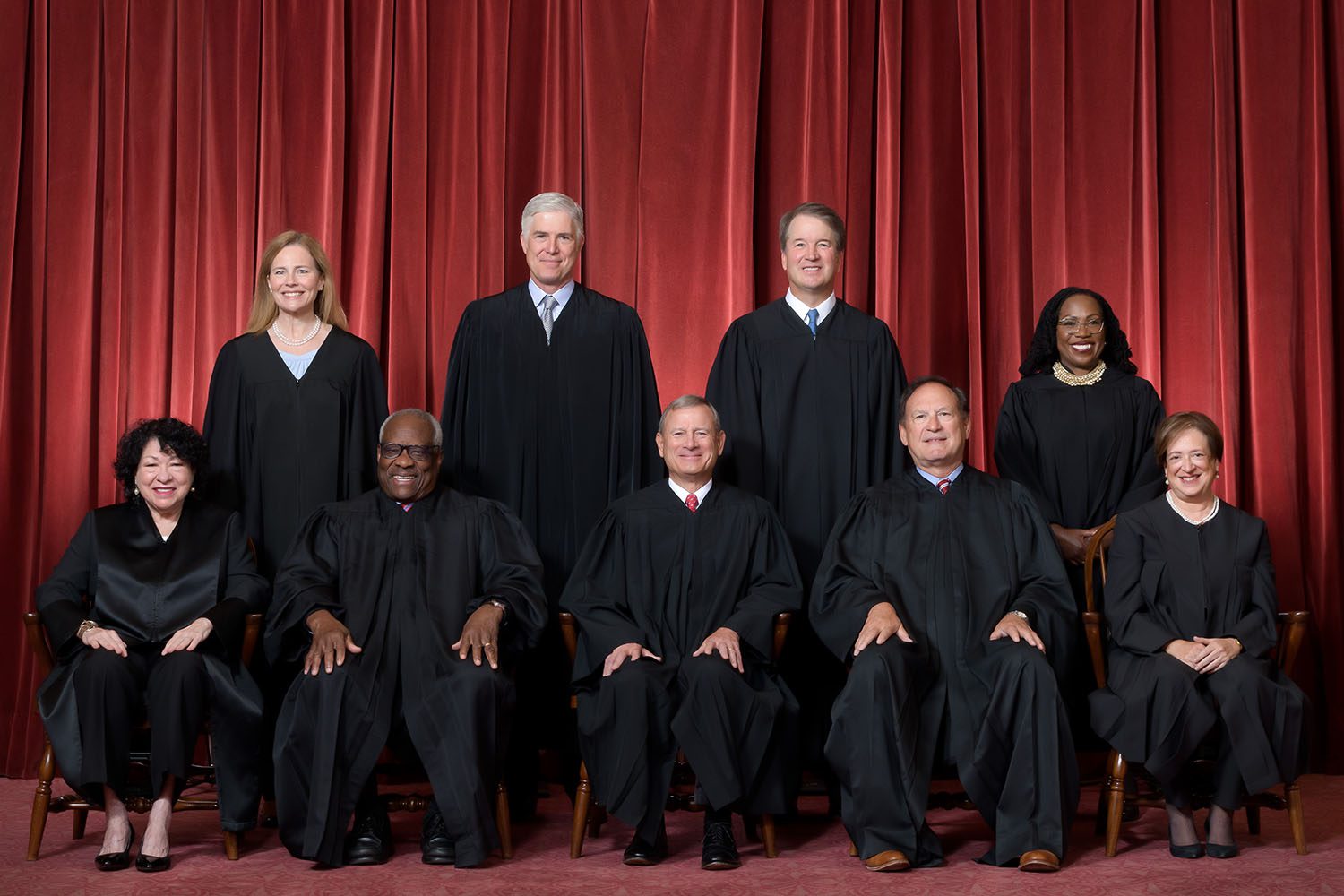January 30, 2024 — The Supreme Court announced that it will hear Texas v. New Mexico, Colorado on March 20. The case involves the 1938 Rio Grande Compact and federal objections to the settlement reached by the three states in 2023. Last summer,, the Special Master in the case characterized the proposed settlement agreement for water-sharing on the Rio Grande as “fair, reasonable and consistent” and recommended that the U.S. Supreme Court approve the settlement.
SCOTUS blog writes that the issue is “Whether the court should deny the motion by Texas, New Mexico, and Colorado for entry of a proposed consent decree that would resolve this dispute over the United States’ claim as intervenors that New Mexico violated the Rio Grande Compact without the United States’ consent.” The Supreme Court docket, with PDF document links, is here
writes that the issue is “Whether the court should deny the motion by Texas, New Mexico, and Colorado for entry of a proposed consent decree that would resolve this dispute over the United States’ claim as intervenors that New Mexico violated the Rio Grande Compact without the United States’ consent.” The Supreme Court docket, with PDF document links, is here .
.
Decades of Litigation: Case History (from Source NM’s Danielle Prokop).
Formally called Original No. 141 Texas v. New Mexico and Colorado, the case has cost taxpayers tens of millions of dollars.
The 2014 filing by the state of Texas centers on allegations that New Mexico groundwater pumping downstream of Elephant Butte Reservoir took Rio Grande water allocated to Texas.
Texas said New Mexico’s pumping violated the 1938 Rio Grande Compact, a legal agreement between Colorado, New Mexico and Texas to split the river’s water.
While 80% of the river’s water is used for agriculture, it’s a major source of drinking water for cities such as El Paso and Albuquerque, and for wildlife. Las Cruces sits below Elephant Butte Reservoir and receives all its drinking water from groundwater.
In 2018, the U.S. Supreme Court allowed the federal government to intervene in the case. Attorneys for federal agencies said New Mexico groundwater pumping threatened federal abilities to deliver water to tribes, regional irrigation districts and Mexico under a federal treaty.
The case pressed on to trial in 2021 and was split into two parts. A six-week virtual portion of the trial was held in the fall, and a second in-person technical portion was pushed back after months of negotiations by parties took up much of 2022.
Just before the trial was set to resume, the three states announced an agreement which would resolve issues between Texas and New Mexico. It includes measuring water deliveries at the state line, new conditions for over- and under-deliveries of Rio Grande water and incorporating drought baselines and groundwater pumping into the formulas for how much water is available.
Attorneys for the federal government objected, arguing that the agreement was made without their consent.
U.S. 8th Circuit Judge Michael Melloy recommended last year that the Supreme Court accept the deal over objections from the federal government, calling it “fair and reasonable” in his 123-page report. He said disputes over federal operations in Southern New Mexico could be resolved in other courts.
In December, the federal government submitted a filing objecting to Melloy’s recommendation. In the filing, attorneys said the settlement “imposes obligations on the United States without its consent.” Attorneys further argued that the deal should be thrown out because it is “contrary to the Compact”.
It’s expected that only attorneys for the states and the federal government will have time to speak during oral arguments before the Supreme Court in March. If that happens, groups unable to present arguments would include farming associations, irrigation districts, the city of Las Cruces and New Mexico State University, which appear as amici curae or “friends of the court.”
Opinions from the Supreme Court are typically issued by late June, occasionally early July, during their session.
(Source New Mexico content is republished under Creative Commons License. Source New Mexico is an independent, nonprofit news organization that shines a light on governments, policies and public officials so you get the information you need to make choices — about yourself, your family, your neighborhoods and communities. Through a lens of public health and equity, we’ll bring you original news reporting along with analysis and opinion. We’re your source for unflinching coverage of COVID response and health care, access to education, tribal affairs, climate change and industrial regulation, police accountability, criminal legal reform, the impacts of immigration policies and more from across the region. Source NM is part of States Newsroom, a national 501(c)(3) nonprofit supported by grants and a coalition of donors and readers. Source NM retains full editorial independence.)
is republished under Creative Commons License. Source New Mexico is an independent, nonprofit news organization that shines a light on governments, policies and public officials so you get the information you need to make choices — about yourself, your family, your neighborhoods and communities. Through a lens of public health and equity, we’ll bring you original news reporting along with analysis and opinion. We’re your source for unflinching coverage of COVID response and health care, access to education, tribal affairs, climate change and industrial regulation, police accountability, criminal legal reform, the impacts of immigration policies and more from across the region. Source NM is part of States Newsroom, a national 501(c)(3) nonprofit supported by grants and a coalition of donors and readers. Source NM retains full editorial independence.)


Leave a Reply